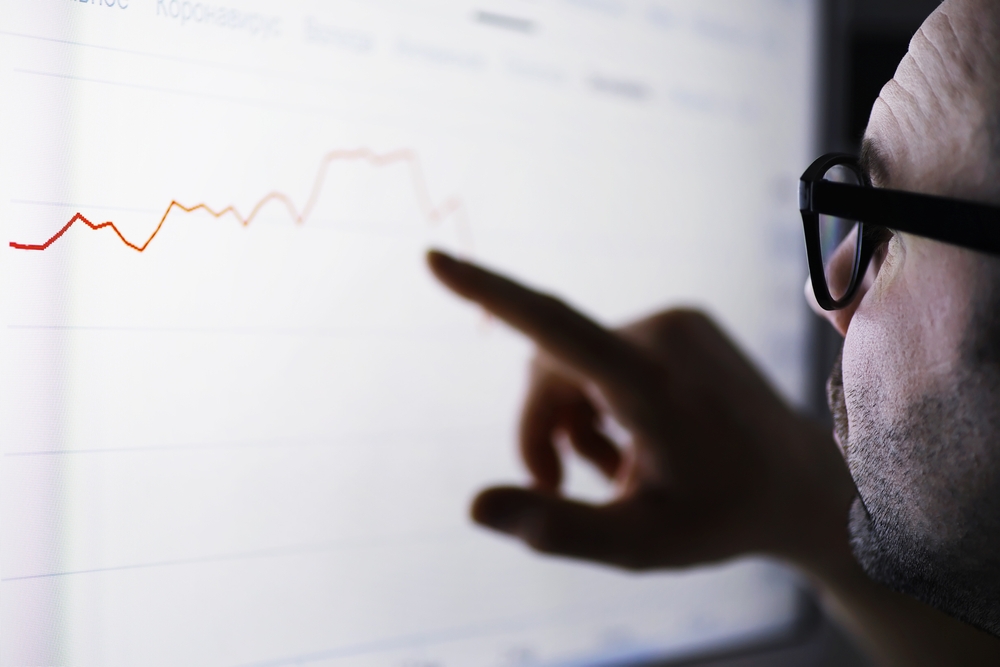The divergence in economic performance between the Eurozone and the United States is evident in the credit markets. Risky corporate bonds in Europe, particularly those rated triple C and lower, are experiencing higher yields compared to their US counterparts.* The average spread between European and US risky corporate bonds is at its widest since the global financial crisis in 2009. This divergence is attributed to concerns about a recession in Europe, contrasting with optimism about a "soft landing" in the US.
The European Central Bank's more hawkish stance on interest rates, in contrast to the Federal Reserve's indication of a more accommodative approach, has heightened fears of a "hard landing" in Europe. The divergence in credit spreads is most pronounced in the triple C territory, where European bonds have not experienced the same tightening as their US counterparts. This divergence suggests that investors are pricing in a higher risk of recession in Europe, impacting the ability of triple C-rated companies to generate cash.
Germany, the largest economy in Europe, is facing an intensified downturn, reinforcing the notion of a recession. Demand from abroad is weak, support from the government for the shift towards a green economy is limited and elevated interest rates are suppressing economic activity.
France, the second-largest economy, is also experiencing faster-than-expected declines in economic activity. The disappointing performance of the Eurozone is not isolated, as the services sector, a dominant force in the region, is contracting, and demand for goods and services is dwindling. The composite employment index is at a three-year low, indicating a lack of optimism among firms about a swift recovery.
The downturn is not limited to the services sector; manufacturing is also struggling. Despite some optimism about the future, as indicated by the future output index, the manufacturing PMI remains below the growth threshold for the 18th consecutive month. This prolonged contraction in manufacturing adds to the challenges faced by the Eurozone.
The ECB, facing these economic headwinds, left interest rates unchanged and pushed back against expectations of imminent cuts. The central bank is expected to wait until the second quarter before considering any rate cuts. However, there is growing consensus, even within the Eurozone, that the next move should be a reduction in interest rates to stimulate economic activity.
Compared to EU, United Kingdom is not doing any better. Data from the third quarter showed an unexpected shrinking with 0.1% contraction. This might be a sign of a recession looming before the general election next year. The Office for National Statistics revised down the prior estimate of zero growth. Factors such as interest rate hikes, high inflation, and a declining service sector negatively impacted economic activity. Analysts speculate on the possibility of a mild recession, with subdued real GDP growth expected throughout 2024, posing challenges for the government amid a cost-of-living crisis. [2]
The Eurozone is grappling with a deepening economic downturn, with key indicators pointing towards a recession. The European Central Bank faces a challenging task in navigating the economic landscape, with calls for a reduction in interest rates to spur growth. The widening divergence in credit spreads between Europe and the US highlights the contrasting economic sentiments, with Europe facing higher recession risks compared to the more optimistic outlook in the United States.
Sources:
https://www.ft.com/content/6ce48223-4b5f-4ebf-a259-1832f4cdade2
https://punchng.com/uk-economy-shrinks-in-q3-ahead-of-election/
https://www.ft.com/content/b39fc9be-2464-41e8-a0db-a7b1929ee62e
* Past performance is not a guarantee of future returns.
[1,2] Forward-looking statements represent assumptions and current expectations that may not be accurate or are based on the current economic environment, which may change. These statements are not guarantees of future performance. Forward-looking statements inherently involve risk and uncertainty because they relate to future events and circumstances that cannot be predicted and actual developments and results may differ materially from those expressed or implied by any forward-looking statements.
Warning! This marketing material is not and should not be construed as investment advice. Past performance is not a guarantee of future returns. Investing in foreign currency may affect returns due to fluctuations. All securities transactions may result in both gains and losses. Forward-looking statements represent assumptions and current expectations that may not be accurate or are based on the current economic environment, which may change. These statements are not guarantees of future returns. CAPITAL MARKETS, o.c.p., a.s. is an entity regulated by the National Bank of Slovakia.
 Polish
Polish
 English
English
 Slovak
Slovak
 Czech
Czech
 Hungarian
Hungarian
 Italiano
Italiano





